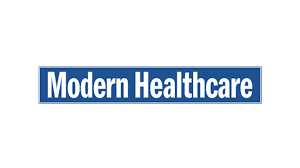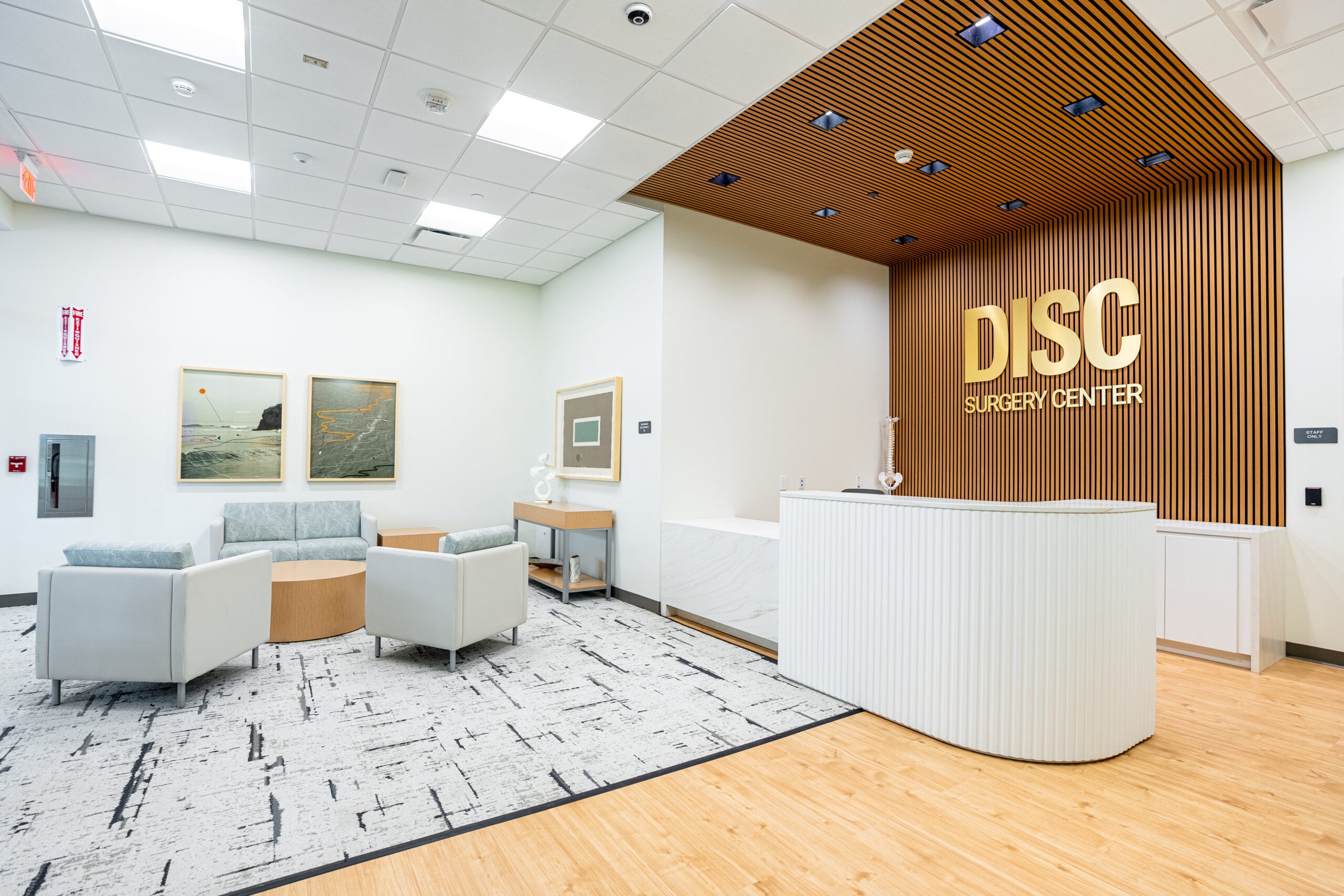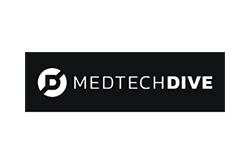
Editor's Note Federal officials’ public rebuke of the Coalition for Health AI (CHAI) highlights mounting tensions over who should shape guardrails for artificial intelligence (AI) in healthcare, Modern Healthcare October 10 reports. As hospitals accelerate AI adoption, industry leaders, regulators, and developers are clashing over how to ensure the technology’s…

Editor's Note The Food and Drug Administration (FDA) on October 10 classified a cybersecurity correction involving Abiomed’s Automated Impella Controller as a Class I recall, the most serious type, according to the FDA Medical Device Recalls and Early Alerts database. While devices are not being removed from clinical settings, the…

Editor's Note The Food and Drug Administration (FDA) has expanded its early alert recall program to include all medical devices, speeding up how quickly the public learns about high-risk safety issues, Modern Healthcare October 9 reports. The initiative allows the FDA to post early alerts within days of manufacturers notifying…

Editor's Note Beginning October 1, the Food and Drug Administration (FDA) is mandating that all De Novo classification requests be submitted electronically using its eSTAR system, according to a final rule and guidance issued by the agency. As detailed in the September 30 release, the shift marks a procedural change…

Editor's Note This October 28–30, perioperative leaders will gather in Anaheim, California, for the OR Manager Conference—the only event designed exclusively for OR, ASC, PACU, and SPD managers and directors. More than a conference, it is an immersive experience that blends education, networking, and practical solutions to help perioperative leaders…

Growth is the goal in any ASC—growth in volume, growth in profits, and often growth to new locations. For DISC Surgery Centers, which just opened its sixth ambulatory surgery center (ASC) through parent company TriasMD, that growth has been the result of many factors. A key driver, according to Frank…

Editor's Note Innovation is transforming surgical care faster than most institutions can keep pace, but leaders must distinguish between investments that advance patient care and those that add cost without meaningful benefit. That is the central message from a September 8 Harvard Medical School article featuring insights from Jon O.…

Editor's Note Startups selling artificial intelligence (AI) tools to hospitals are putting money on the line, offering guaranteed returns in a bid to win business from Epic and other entrenched vendors, Modern Healthcare September 16 reports. Several AI companies are reportedly restructuring their pricing strategies to reassure buyers and prove…

Editor's Note Artificial intelligence (AI) will not replace perioperative leaders, but it will demand sharper decision-making, closer collaboration, and thoughtful staff engagement, OR Manager coverage reports. AI is poised to transform perioperative practice, yet its value depends on how leaders choose, evaluate, and integrate these technologies. Key insights the article…

Editor's Note Dozens of companies are racing to stake a claim in the rapidly expanding surgical robotics market, with multiple launches, partnerships, and regulatory milestones signaling a pivotal moment for the field. Challengers to established leaders are advancing soft tissue systems, targeting specialty niches, and building executive teams to scale…